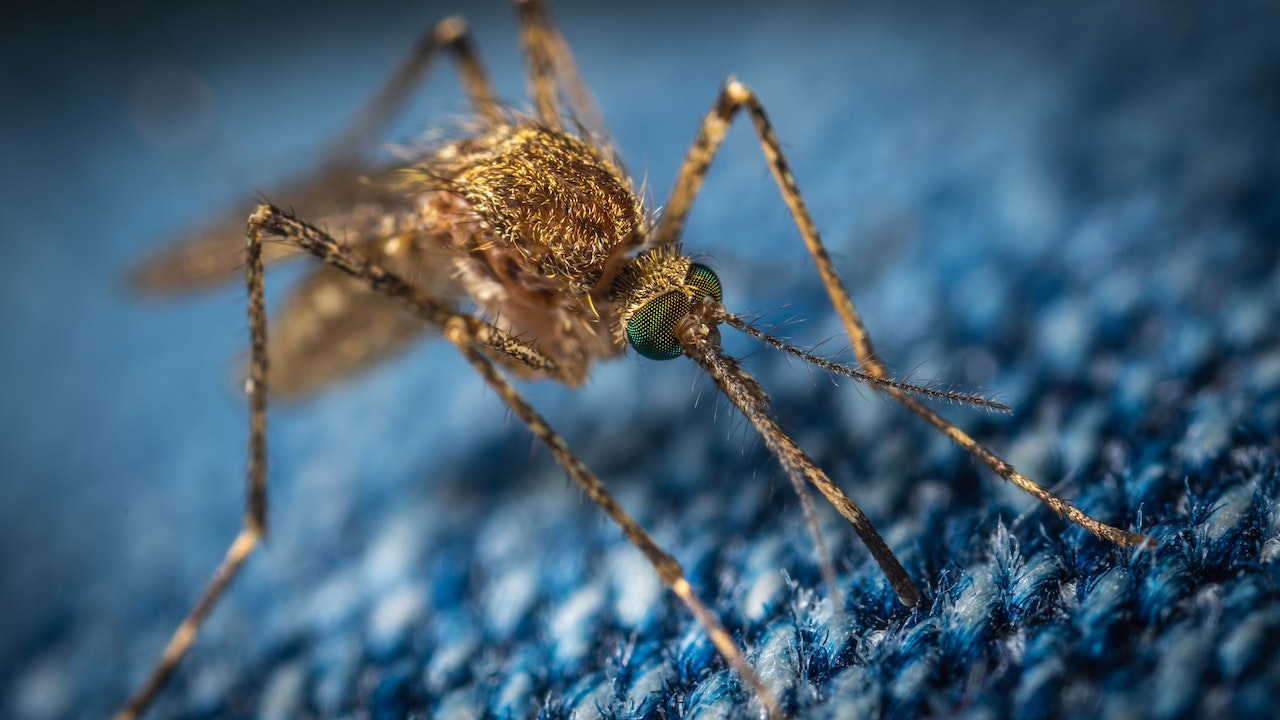In ecosystems, mosquitoes are extremely important because they contribute to pollination and nutrient cycling. They spend the first stage of their life cycle as larvae in the water, where they provide essential food for other aquatic creatures, such as other insects, amphibians, and smaller fish. As they mature into adults, they present a target for predators that are higher up the food chain, such as birds, bats, spiders, and other insects. In addition to this, mosquitoes help plants reproduce by pollinating them, which in turn provides food for species that are higher up the food chain.
Mosquitoes have the potential to act as disease vectors, meaning that they are capable of passing on diseases to both humans and animals. Some of these diseases include malaria, dengue fever, the Zika virus, and West Nile virus. It is vital to take preventative steps, such as applying insect repellents, wearing protective clothes, and utilizing mosquito nets, to lessen the effects of illnesses that are transmitted by mosquitoes. Without using potentially dangerous chemical treatments, mosquito populations can be reduced through the use of biological control measures such as the introduction of natural predators like fish species or dragonflies.
The effective management of the surrounding environment is essential for lowering mosquito populations and lowering the likelihood of disease transmission. Mosquitoes are drawn to a variety of elements that assist them in locating their hosts to feed on their host’s blood. Body heat, carbon dioxide, body odor, lactic acid, dark clothes, blood type, pregnancy, beer and alcohol, scents, and standing water are some of the key elements that attract mosquitoes. Other factors that attract mosquitoes include dark clothing, standing water, and fragrances.
Some research implies these flying insects prefer certain blood types. Genetics, body odor, and individual differences can attract mosquitoes, but the study is inconclusive. Some research found: Mosquitoes like blood type O. One research indicated that mosquitoes landed on blood type O people twice as often as blood type A people. Type B Blood: Like blood type O, blood type B may attract mosquitoes, although less so. Type A and Type AB Blood: Mosquitoes prefer blood type O or B. Mosquito attraction depends on heredity, individual differences, and other variables. Body heat, CO2, and odor attract mosquitoes. Mosquito attraction involves numerous parameters, including blood type.
Utilizing insect repellents, dressing in light-colored clothes, and avoiding engaging in outdoor activities during periods of peak mosquito activity are all ways to lessen the likelihood of getting bitten by a mosquito. Minimizing mosquito attractiveness and protecting oneself from mosquito bites are related goals. It is possible to prevent mosquitoes from developing and spreading through an area by removing any standing water that may be present.
Insect repellents, citronella, lavender, eucalyptus, and garlic are some examples of compounds and environmental elements that are effective at warding off mosquitoes. As a result of the fact that these compounds are enticing to mosquitoes, humans find them to be less attractive. We will be able to contribute to the preservation of our ecosystems and the preservation of the health of our species if we take appropriate steps to manage population growth and prevent sickness. These bugs are drawn to the heat, carbon dioxide, and scents that emanate from human bodies, which in turn brings them closer to people who may become their hosts. People can lower the number of mosquitoes around them by using sprays containing mint, fans, low temperatures, dry settings, circumstances accompanied by a breeze, and some plants that have qualities that make them unattractive to mosquitoes.
Eliminating soaps, lotions, and scents is another effective method for warding off mosquitoes. Marigolds, rosemary, basil, and catnip are all examples of strong-scented plants that can mask the smell of people. It is not purposeful for mosquitoes to buzz in people’s ears; rather, this is a consequence of the natural behavior of insects. It is recommended that you apply insect repellents, wear protective clothes, and avoid engaging in outdoor activities during peak mosquito hours, particularly in places with a high mosquito population. This is very important advice to follow if you live in an area that has a high mosquito population. In addition, sleeping under a mosquito net can help prevent mosquitoes from accessing sleeping places and causing annoying buzzing sounds near the ears while one is asleep.

